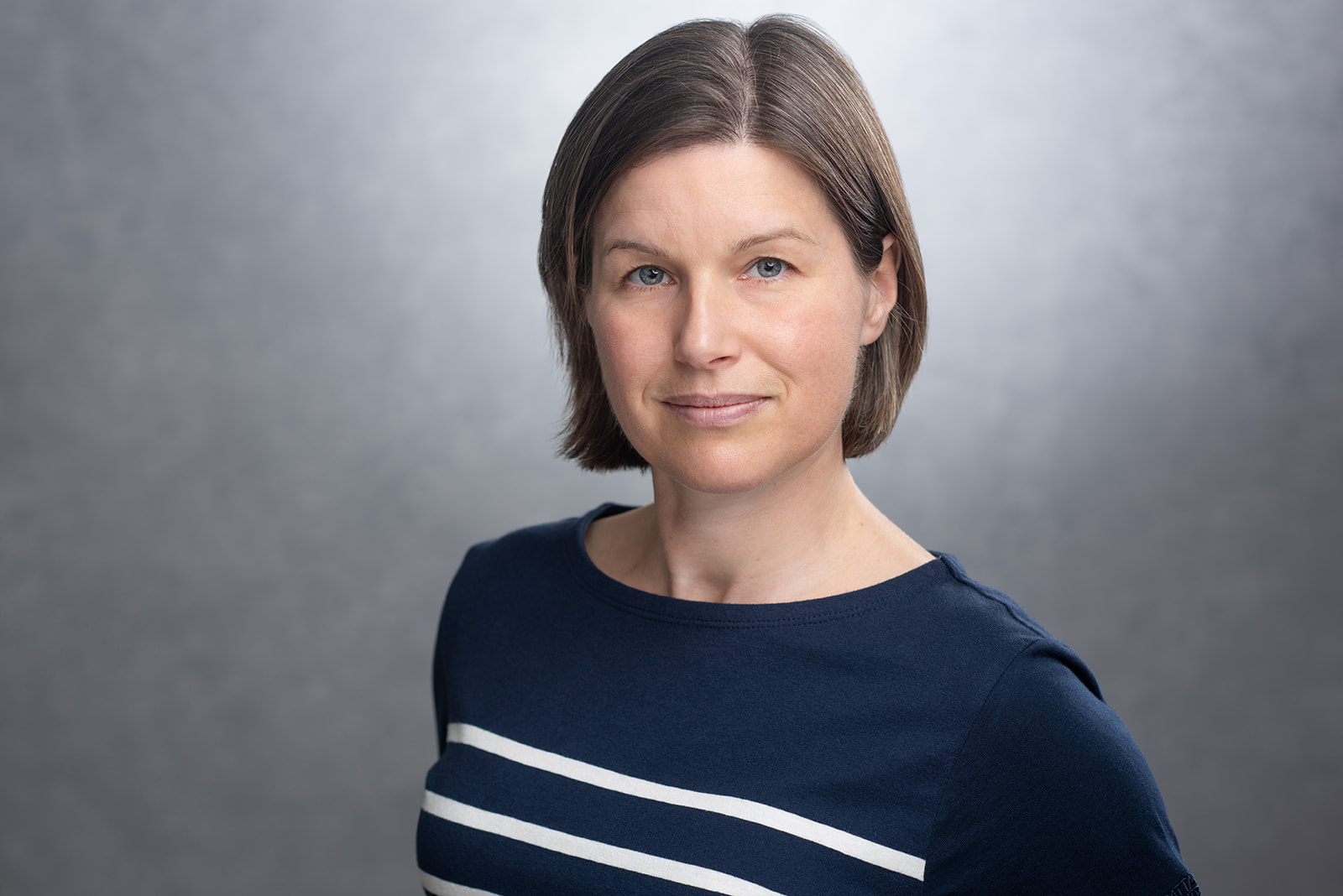In her latest post for Writers & Artists about what happens after an author is taken on by a publisher, Nicola Garrard discusses how debuts get jacket quotes and cover endorsements.

After the first batch of uncorrected proofs of 29 Locks came off the press, a new, nail-biting process began; one I call Jacket Quote Fishing.
Would anyone agree to be first readers?
And if they read it, would they like it?
And if they enjoyed it, would they give an endorsement?
Uncorrected proofs, sometimes called ‘review copies’, are the first bound print run. They’re not for sale, although those of famous writers can fetch hundreds of pounds, bought by enthusiasts looking for a comma that didn’t make the first edition. At the proof stage, the author is only allowed to make very minor corrections so it’s more or less the final text. My publisher, HopeRoad, sent scores of proofs to a wide range of readers, including authors, school librarians, book bloggers, bookbuyers, wholesalers, newspaper fiction reviewers, the book trade press, teenage readers and readers in prison.
When I was asked which authors I knew might supply a jacket quote, my first thought was, “I don’t know any!” but I had met a few writers at the shortlisters’ party for the Lucy Cavendish Fiction Prize and chatted to others on Twitter. I had also connected to fellow writers at The Good Literary Agency. Agencies provide a ready-made peer group, keen to support each other’s careers and I was thrilled when I received my first ever proof: Ian Wright and Musa Okwonga’s fantastic MG, Striking Out. I started reading it immediately, but I’m told that the excitement of getting proofs wanes as writers become established and must protect their time.
Most of the writers we approached were YA novelists I admire and recommend in school, but being a debut, and knowing big-fish authors can be overwhelmed by review requests, I’d set my jacket quote expectations dial to zero.
Thanks to social media, the way that readers connect with authors has changed; when I was a teenager in the 1980s, I wrote a letter to Jeannette Winterson, telling her how much Oranges are not the Only Fruit had meant to me as a young LGBT person. Many weeks later, her assistant sent me a thank-you note on orange-themed stationery. Today, readers can tweet their enthusiasm for authors and get an immediate response. With nothing to lose and everything to gain, I set about contacting, via Twitter, those YA authors I’d admired to ask if they would read 29 Locks. For the last few years, shadowing the Carnegie and UKLA awards, I’d post reviews to show my appreciation, so after a quick search they could see that my interest in their books preceded my emerging writing career. I was delighted when many authors agreed to be sent a proof.

One poet I’d chosen was not on social media. Remembering my querying days, I looked up his agent in an acknowledgements page. I emailed the agent explaining why I thought their client might be supportive of 29 Locks. Then I popped the question: would they ask if he’d like a review copy? He did! I was glowing for days.
A high-profile quote on the cover is a mark of quality for booksellers and librarians, so it sometimes feels like the difference between success and failure. I’ve since learned that bookbuyers can be skeptical of jacket quotes because large publishers expect their signed writers to exchange glowing quotes for each other as a marketing strategy. Look at the jacket of any Big-5-published book and it will often feature quotes by writers from within the same publisher or literary agency.
I knew the likelihood of getting reviews from established authors was remote, so my socks were knocked off when writers I admire took the time to read and endorse. I am hugely grateful to have Carnegie Medal-winning author, Anthony McGowan and The Guardian Children’s Prize winner, Alex Wheatle, lend their praise and support.
To build authenticity and trust in our jacket quotations, HopeRoad also gave proofs to teenage readers and those in prison who have personal experience of some of the themes in 29 Locks: poverty, care and the threat of gangs. I’m proud that the jacket features their reviews alongside those of well-known authors.
I loved reading these early readers’ reviews. It made my day when a school librarian said, ‘I love the book and am sure our students will too.’ I was delighted to read a note from a reader in prison that said: ‘I felt all the emotions and pain [Donny] had went through.’ And when a teenage reader wrote, ‘I finished the book looking at things differently’ I thought: what more can any writer can hope for?
Being published by a small independent press has been no impediment to finding jacket quotes, principally because HopeRoad inspires trust in readers who connect with its integrity and sense of purpose as a publisher of diverse and neglected voices. But it is also up to writers to call in their own connections and approach authors they love. When it comes to Jacket Quote Fishing, there really is nothing to lose and everything to gain. My advice to new writers is: don’t be afraid to ask. Even without the reach of a large publisher, high-profile and authentic jacket quotes can still be found.
Next time: Launching off in a pandemic
29 Locks is out 30/9/21. Pre-orders at hoperoadpublishing.com/29-locks
Nicola Garrard has taught English in secondary schools for twenty-three years, including fifteen years at an inner-city London comprehensive. She lives in Sussex with her family and a Jack Russell terrier called Little Bear. Nicola-garrard.co.uk
Comments